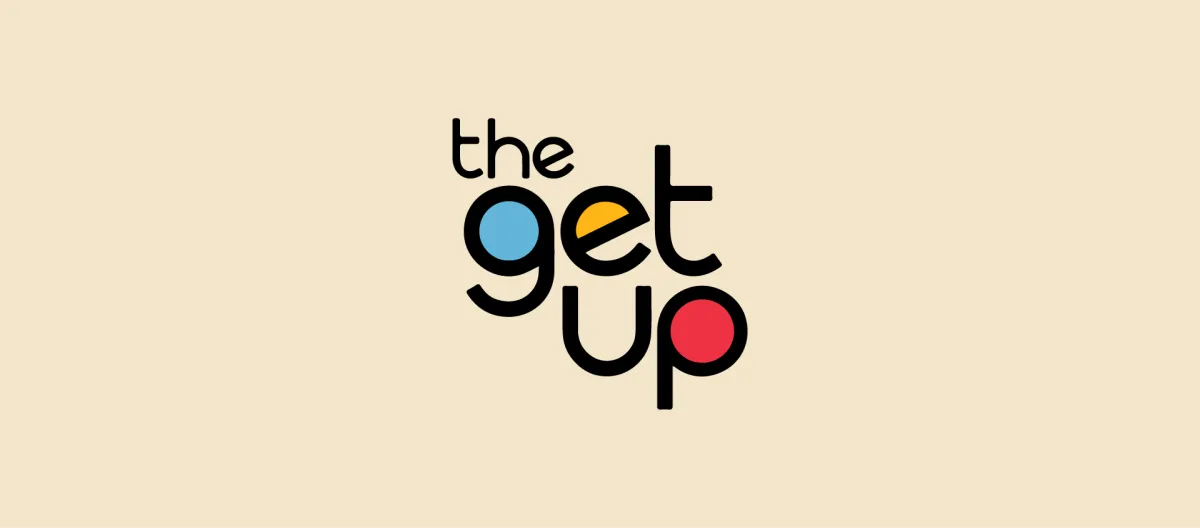
Fighting Fast Fashion’s Waste Crisis: A Sustainable Style Revolution
Fighting Fast Fashion's Waste Crisis
A Sustainable Style Revolution Led by The Getup Vintage
Sixteen billion tons. That's how much textile waste the United States generates annually, enough clothing to dress the next six generations, according to Kaylan Mitchell, co-owner of The Getup Vintage. Behind oil, the fashion industry ranks as the world's second-largest polluter. Fast fashion has trained consumers to treat clothing as disposable, creating an environmental catastrophe that most people never see.
But in downtown Ann Arbor, Mitchell and partner Lindsey Leyland are fighting back one vintage piece at a time.
The Touch Test Revolution
Walk into The Getup Vintage's spacious Fourth Avenue location, and Mitchell will challenge you to her "touch test." She keeps one Forever 21 garment specifically for this demonstration.
"How does this feel on your hand?" she asks, then guides customers to touch a 1950s cotton dress. "I think the difference is night and day."
It's a visceral education in quality versus quantity. The vintage piece—made when clothes were designed to last—feels substantial, carefully constructed. The fast fashion item? "A T-shirt at Forever 21 could disintegrate in a minute," Mitchell observes.
This simple comparison reveals the core problem: when clothing costs $10, "what percentage of that went to the worker? Pennies." The race to the bottom has decimated both garment quality and worker conditions globally.
The Art of Repair
Every item entering The Getup undergoes meticulous restoration. Leyland, the team's seamstress, examines each piece. "Everything goes through her," Mitchell explains. "She's constantly fixing. It's a little thing here, it's a button here, it's a tear on a seam here, but that's what it's all about is having these beautiful things go on to the next life."
This repair culture represents a fundamental shift from disposability. "I wish we could go back to a time when ‘make do and mend’ was the norm and not the exception."
The Getup even maintains an archive in their back room, 1920s Halloween dresses and other exceptional pieces displayed "as art" because "They're beautiful, one-of-a-kind, you're never going to see them again."
From Recruitment to Revolution
The Getup's involvement with the Ann Arbor Green Business Challenge began organically in 2023. Mitchell had been speaking to younger audiences about sustainable fashion when city representatives appeared at her State Street shop.
"Some folks from the GBC just stopped by," Mitchell recalls. "It was just really nice to see an initiative from the city that was aligned with what I was doing."
The Green Business Challenge paired perfectly with The Getup’s mission, but the timing was complex. Mitchell was preparing to relocate from their cramped 700-square-foot space to the current 1,700-square-foot location in the restored Montgomery Ward building. "I said, I need to move the shop, so pause, I'll talk to you guys in a year.'"
Right after the move, the Green Business Challenge network proved invaluable. Mitchell's utility bills suddenly spiked to 10-15 times normal levels.
"I know what my DTE bill is supposed to look like," she says. The culprit: she was paying for two neighbors' utilities. "It was all thanks to these guys, the city staff was able to point me in a bunch of directions." Ann Arbor city staff helped her navigate utility companies and negotiate with her landlord for 10 months of overpaid utility bills.
Systemic Solutions to Reduce Textile Waste
With the utility crisis resolved, Mitchell found mental space for bigger thinking. The Green Business Challenge introduced her to possibilities she'd never considered.
"One of the most exciting ideas that they suggested was creating a textile recycling program," Mitchell said.
Here's the challenge: when The Getup sources inventory from homes, they might want only 40% of what they see. Traditionally, that remaining 60% heads to donation centers or dumpsters.
Mitchell's emerging solution? Partner with other vintage shops to create bulk textile recycling. "We would send all of them in bulk to a textile recycler, and these clothes, everything, would be shredded and made into new [materials]."
The concept addresses textile waste at scale. When asked if this was her idea, Mitchell credits innovators at Ann Arbor’s Green Business Challenge: "I really had not even thought about it, but what a wonderful and genius idea."
The Actionable Roadmap
The Green Business Challenge provided The Getup with a "wonderful, huge document from Fresh Coast Climate." The guide includes 60 pages of specific sustainability actions.
"Even a little action like, ‘switch out the LED bulbs here,' and here is exactly what you need to do. This is where you go. This is where you buy it. This is who you talk to, it's all laid out."
For busy entrepreneurs, this granular guidance proves essential. "My business-owner brain is pretty taxed a lot of the time," Mitchell admits. "It's really helpful to look at it and say 'OK, I have like an hour. What can I do?'"
Scaling the Solution
The Getup operates with 100% solar power through DTE's MIGreenPower program and uses only natural cleaning products: vinegar, baking soda, water. Leyland makes their own laundry detergent, reducing costs to 27 cents per load while eliminating packaging waste.
But their real impact lies in changing minds. Each vintage purchase represents an environmental action, combating the 14.3 million tons of textile waste generated annually in the US alone.
"You could clothe the next six generations of people with the amount of clothes that already exist on the planet," Mitchell emphasizes.
The Path Forward
Twenty years after opening, The Getup has evolved from vintage retailer to sustainability educator. Their Green Business Challenge partnership demonstrates how businesses can amplify existing values while discovering new possibilities. Their proposed textile recycling program could transform how vintage shops handle inventory, creating circular solutions for the industry's waste problem.
For a world drowning in disposable fashion, The Getup Vintage shows that looking backward might be the most revolutionary and sustainable path forward.